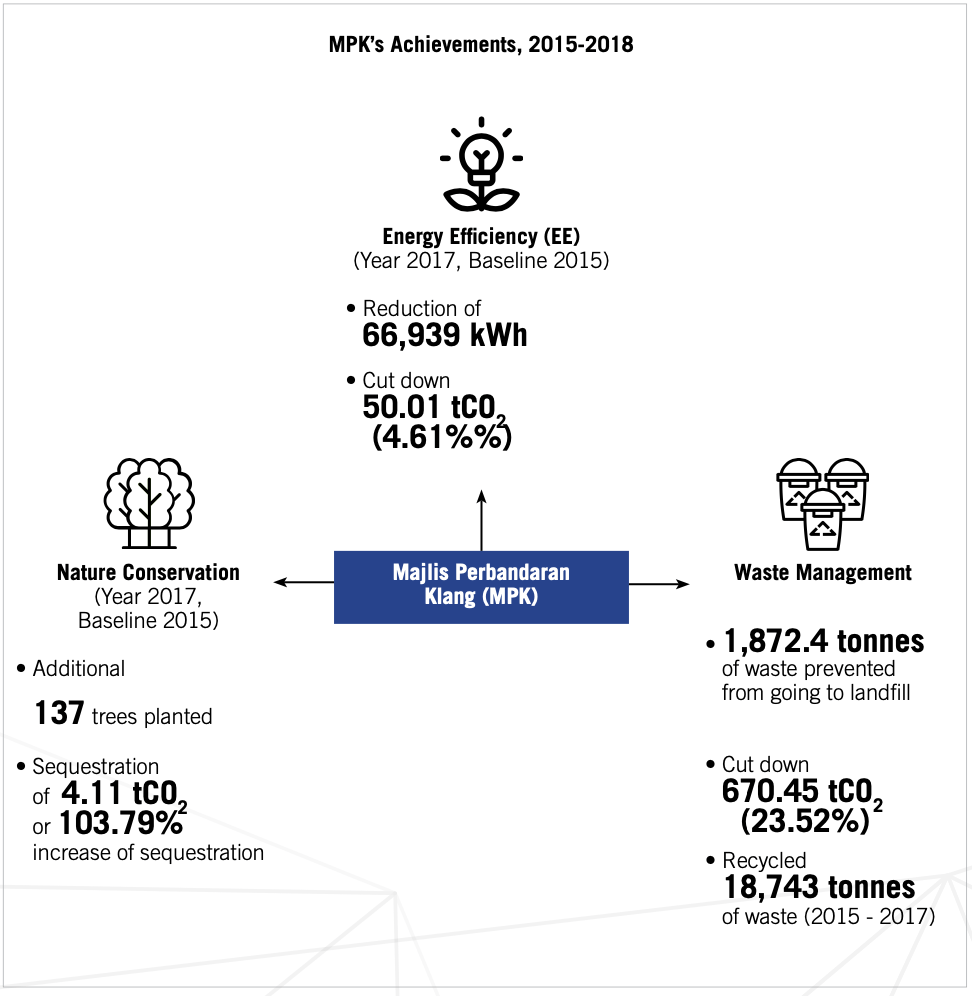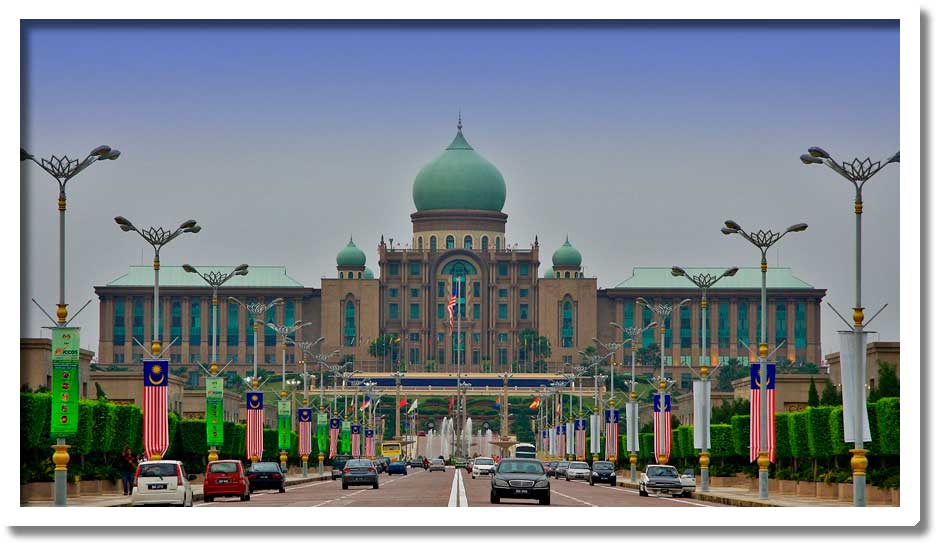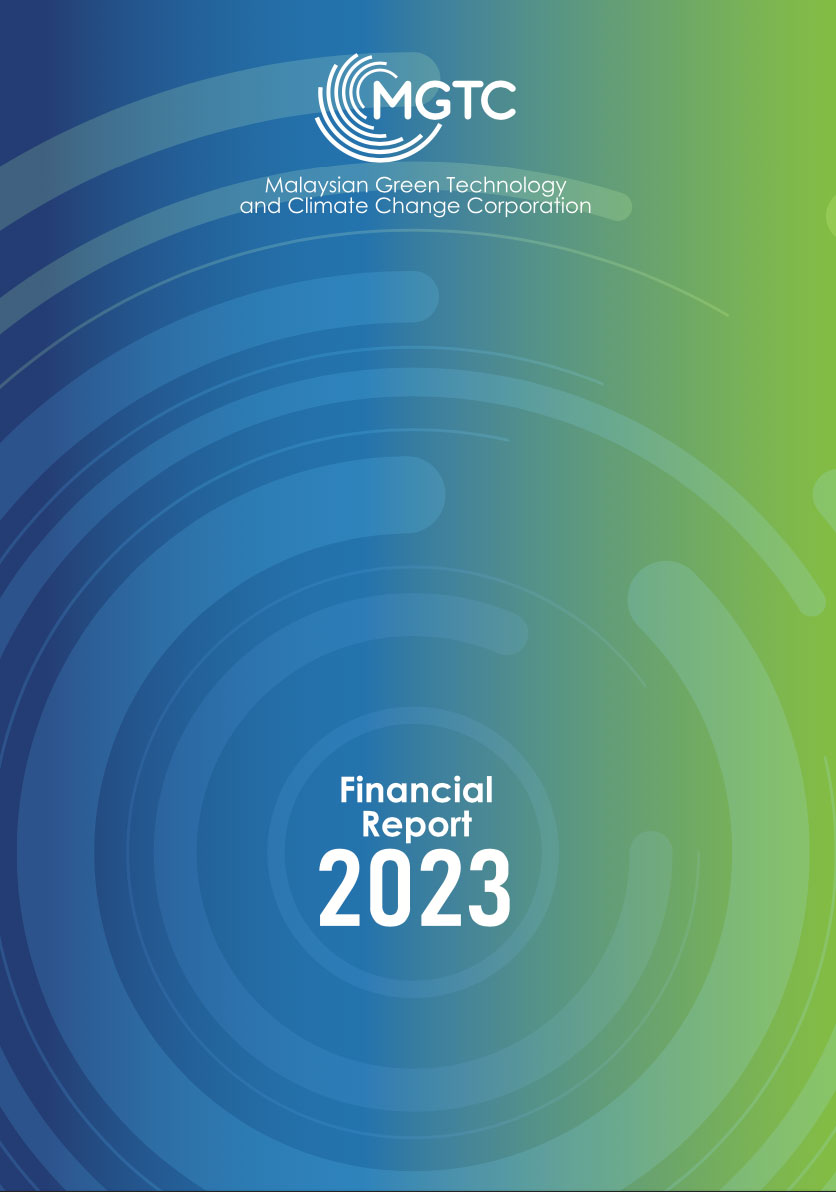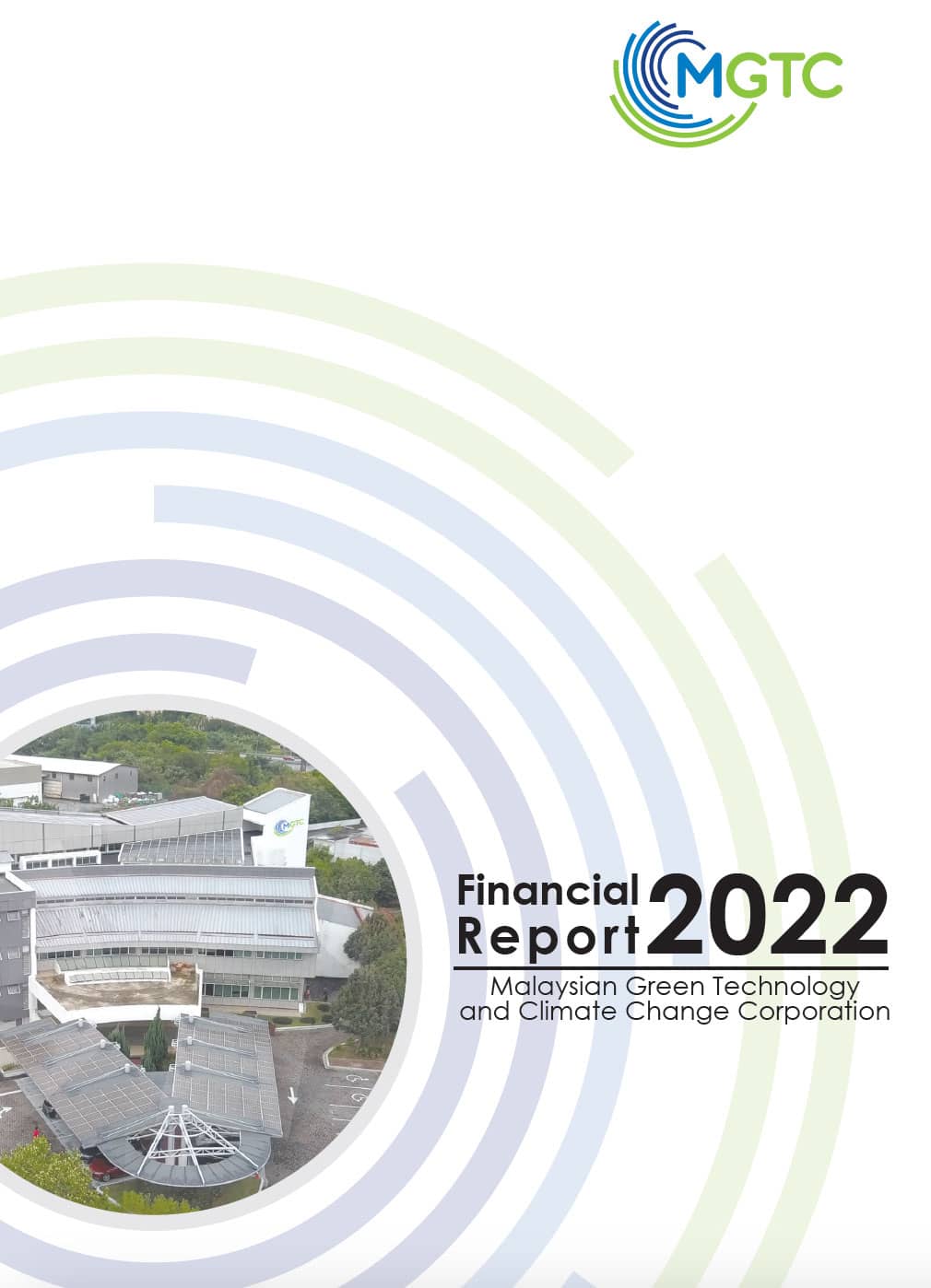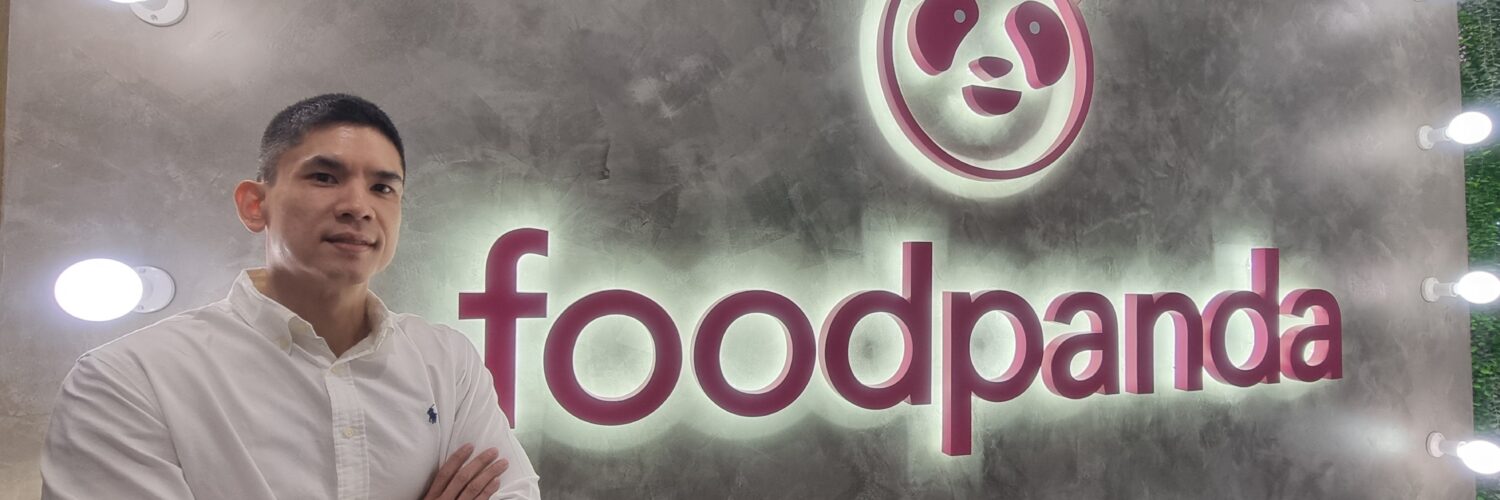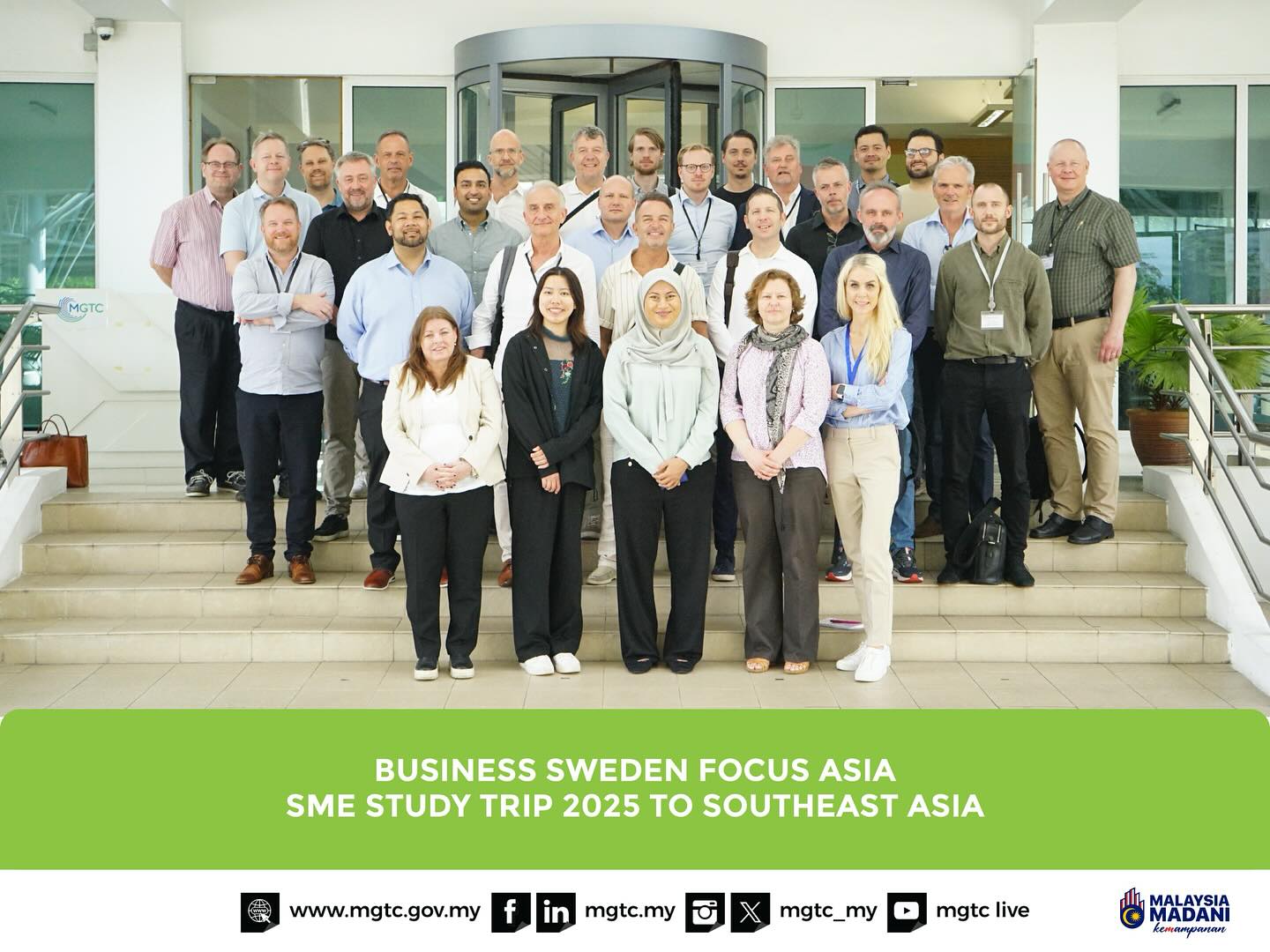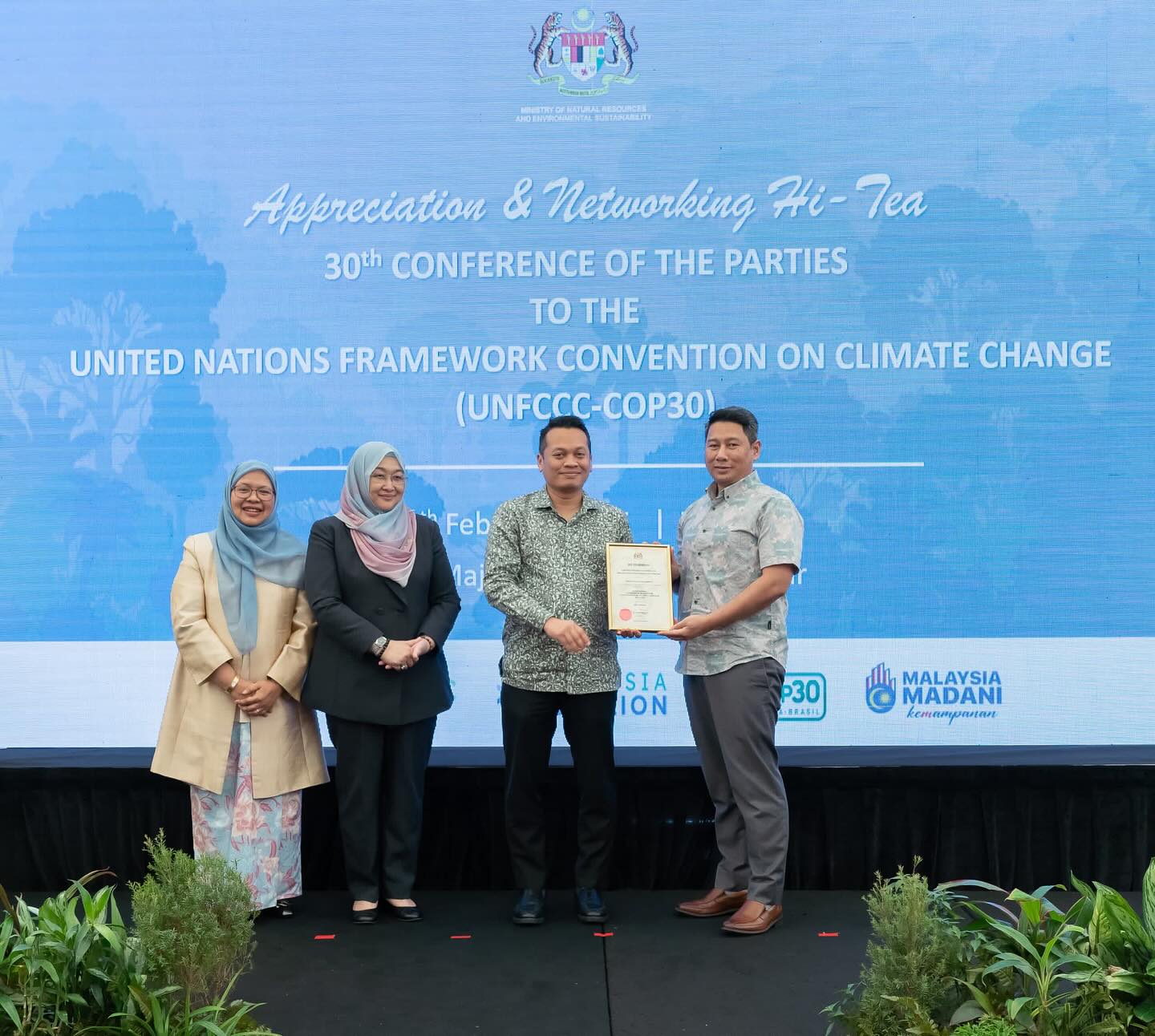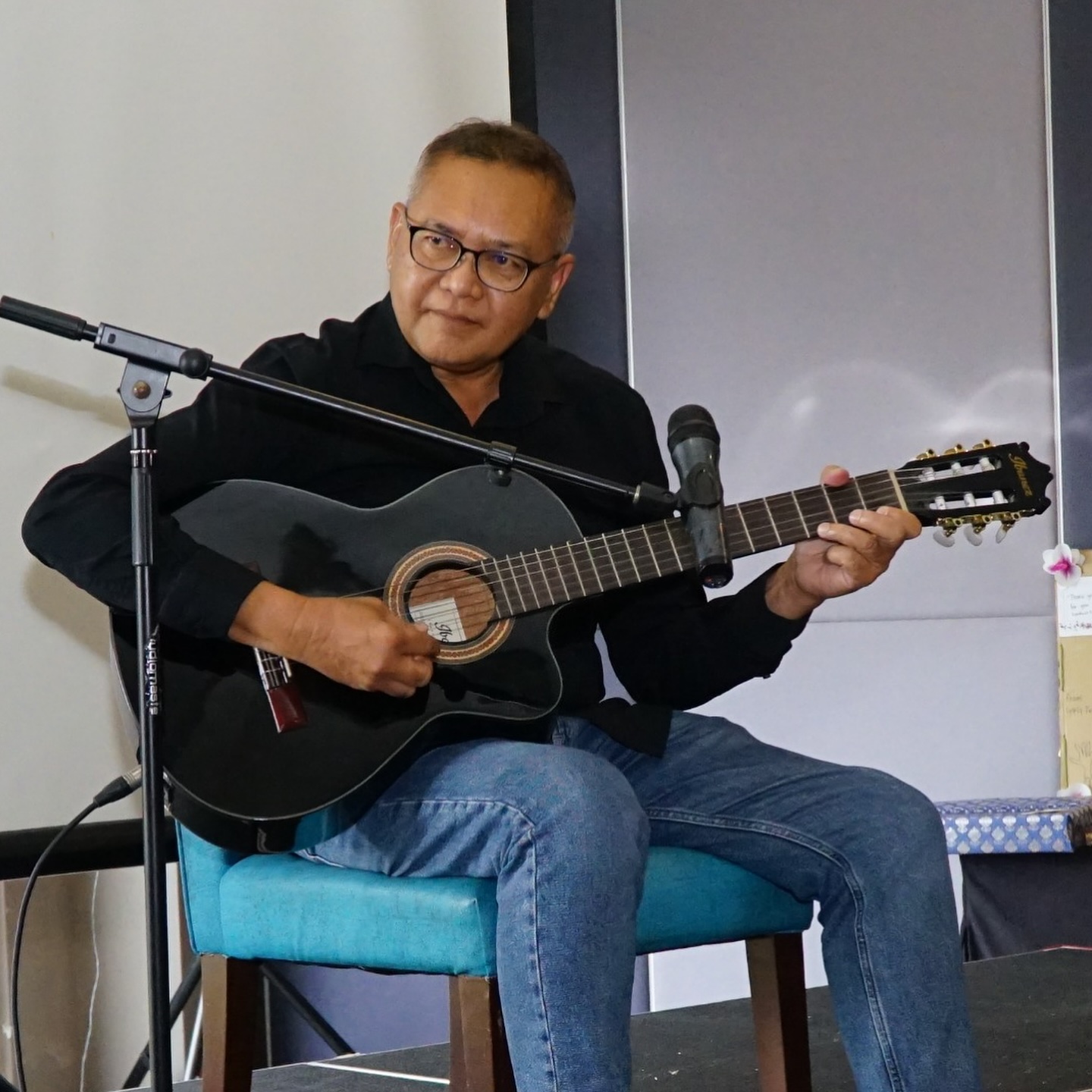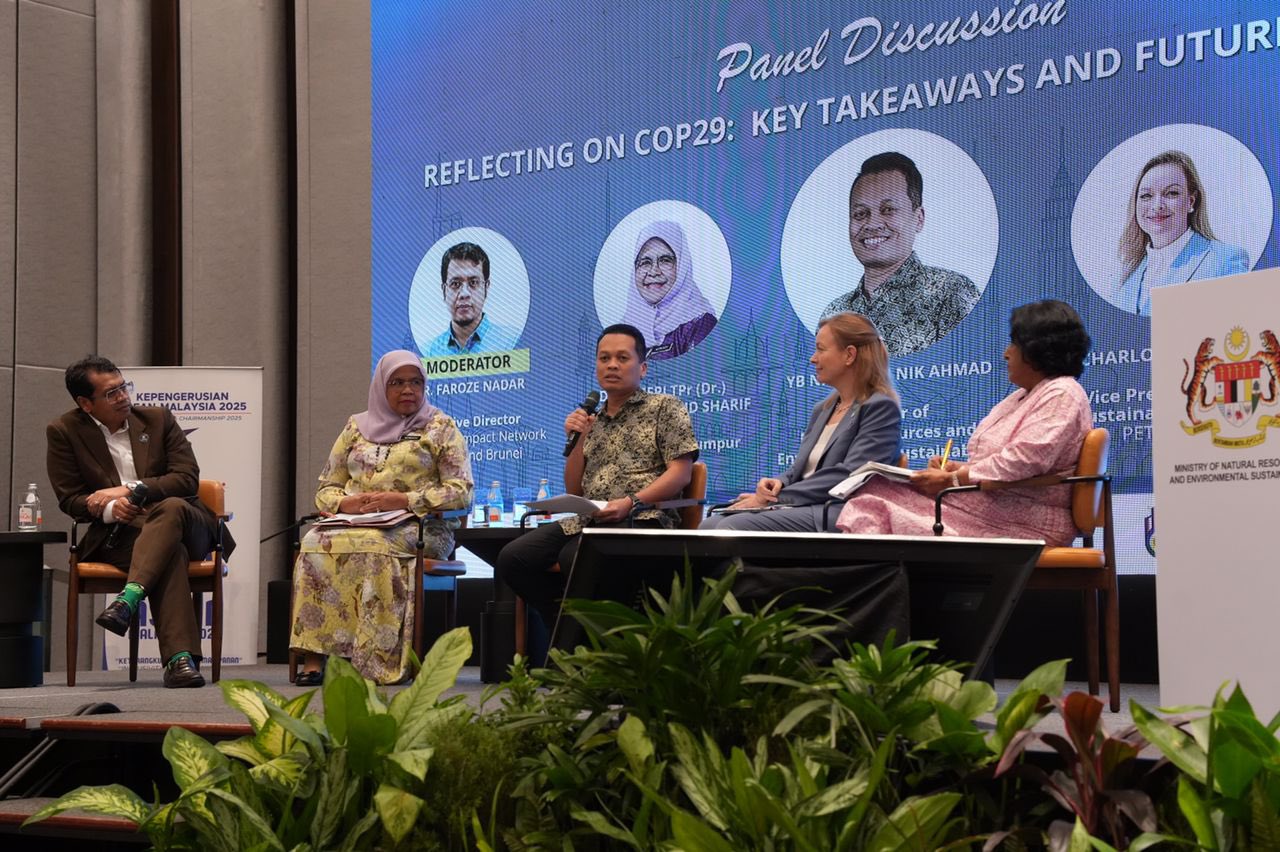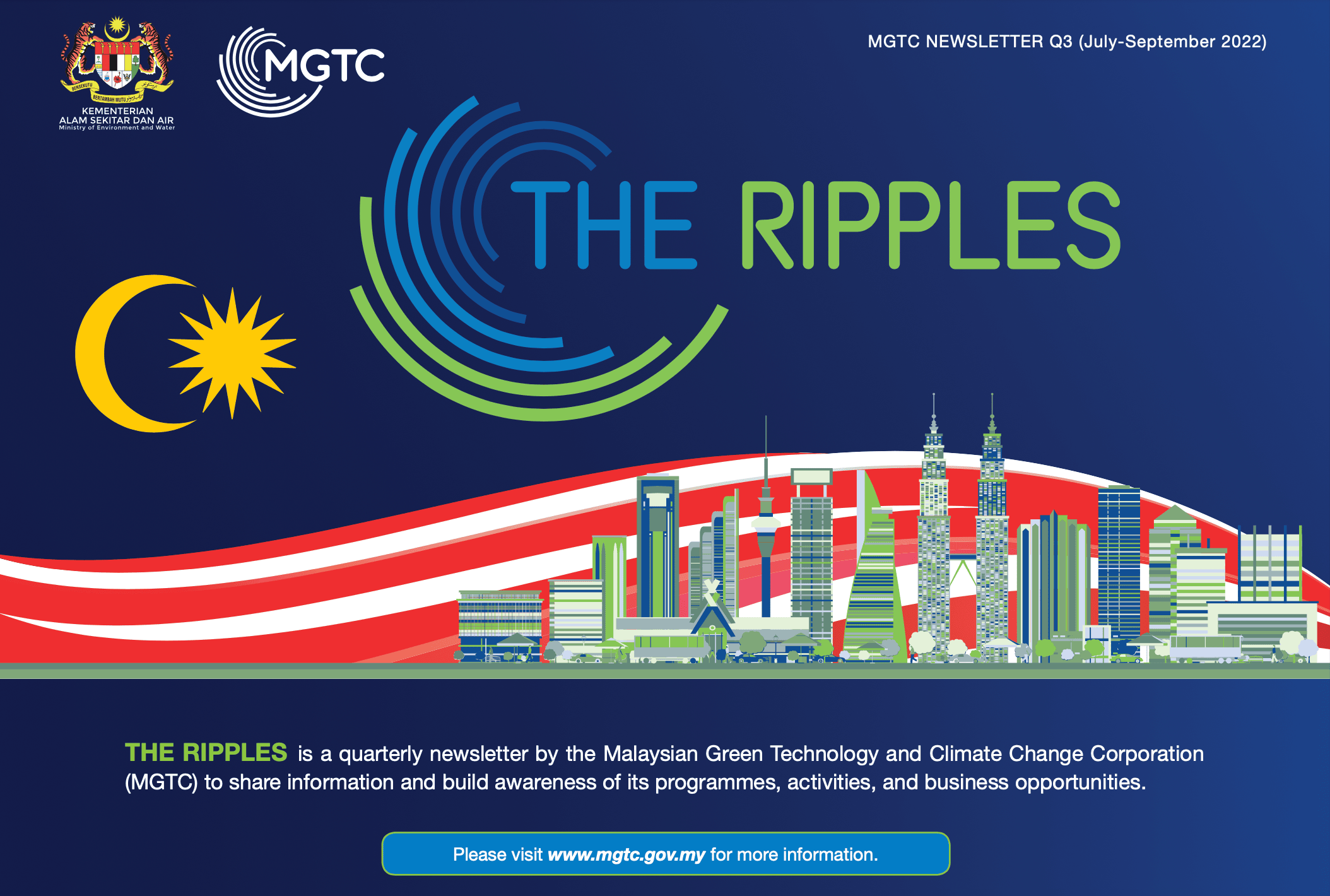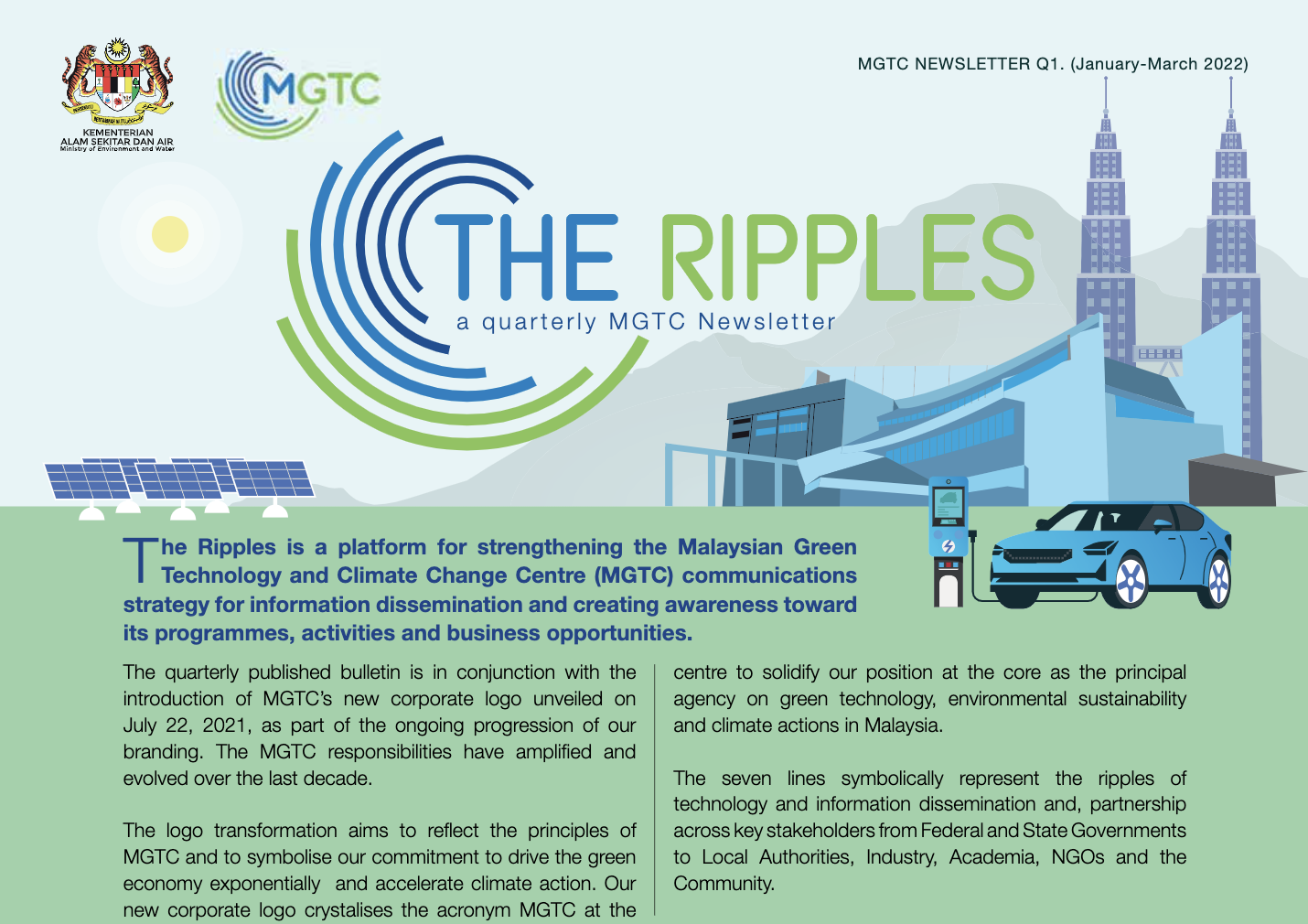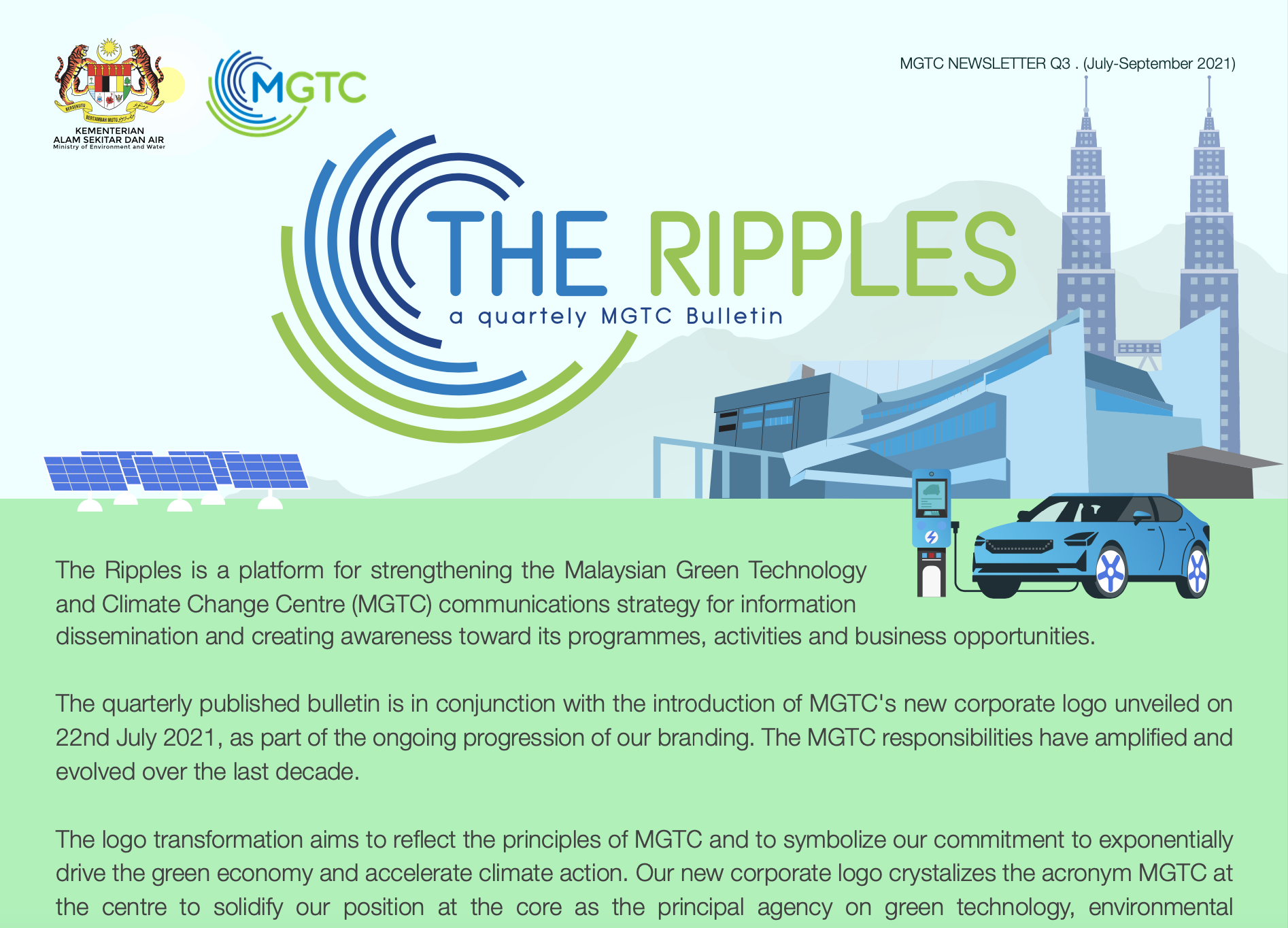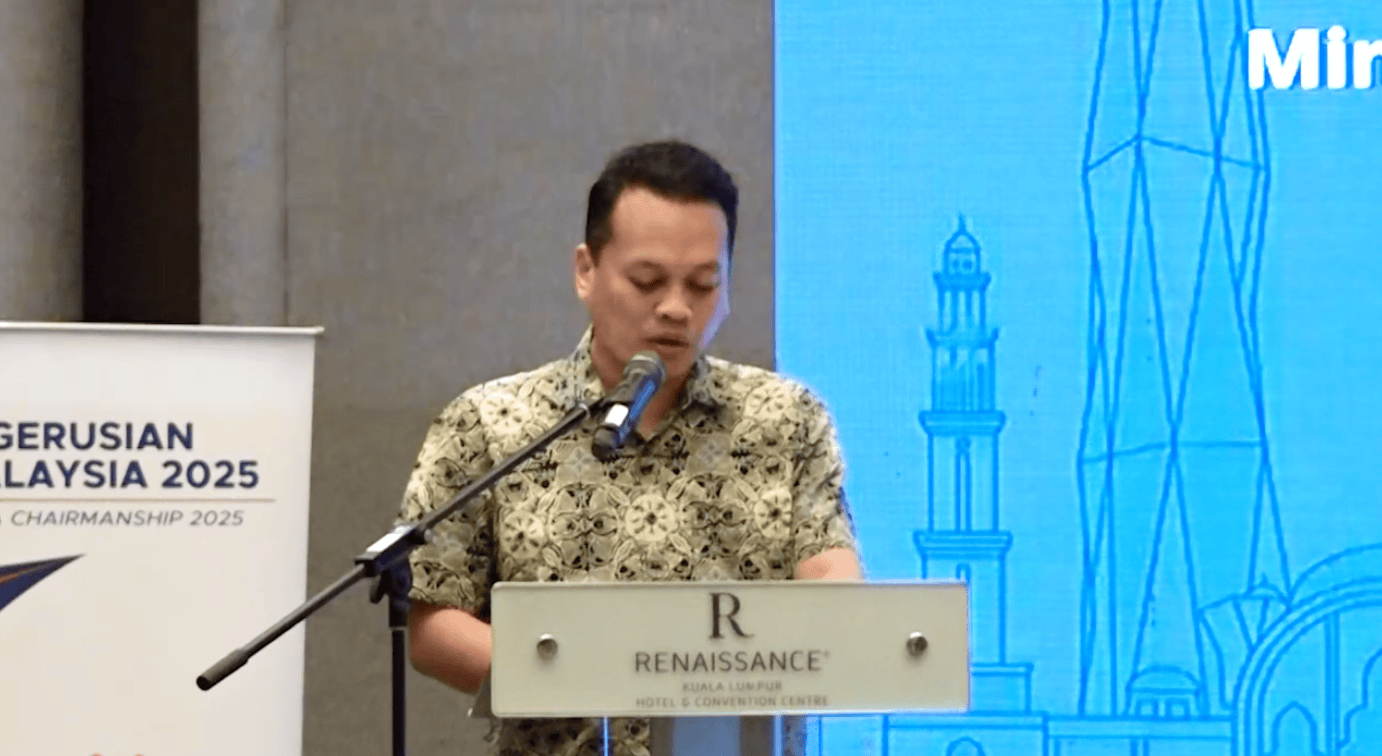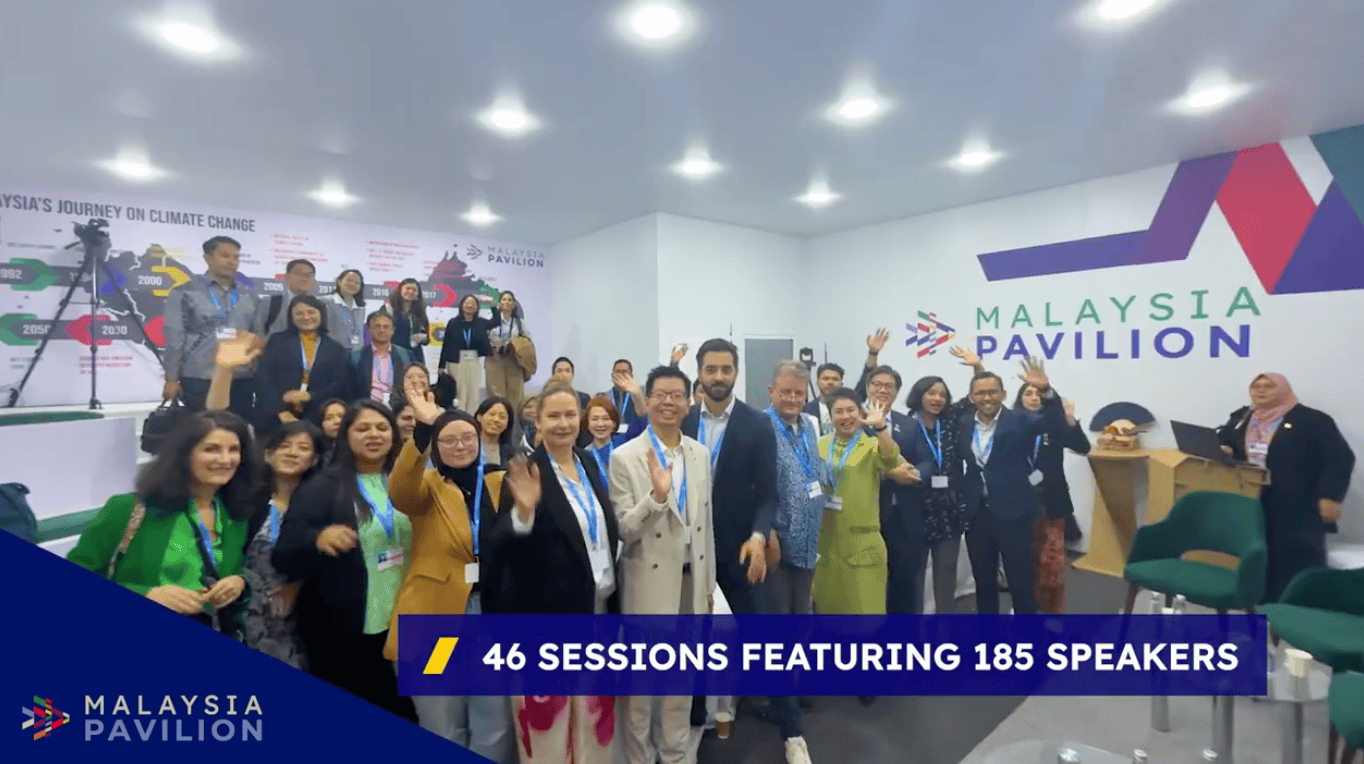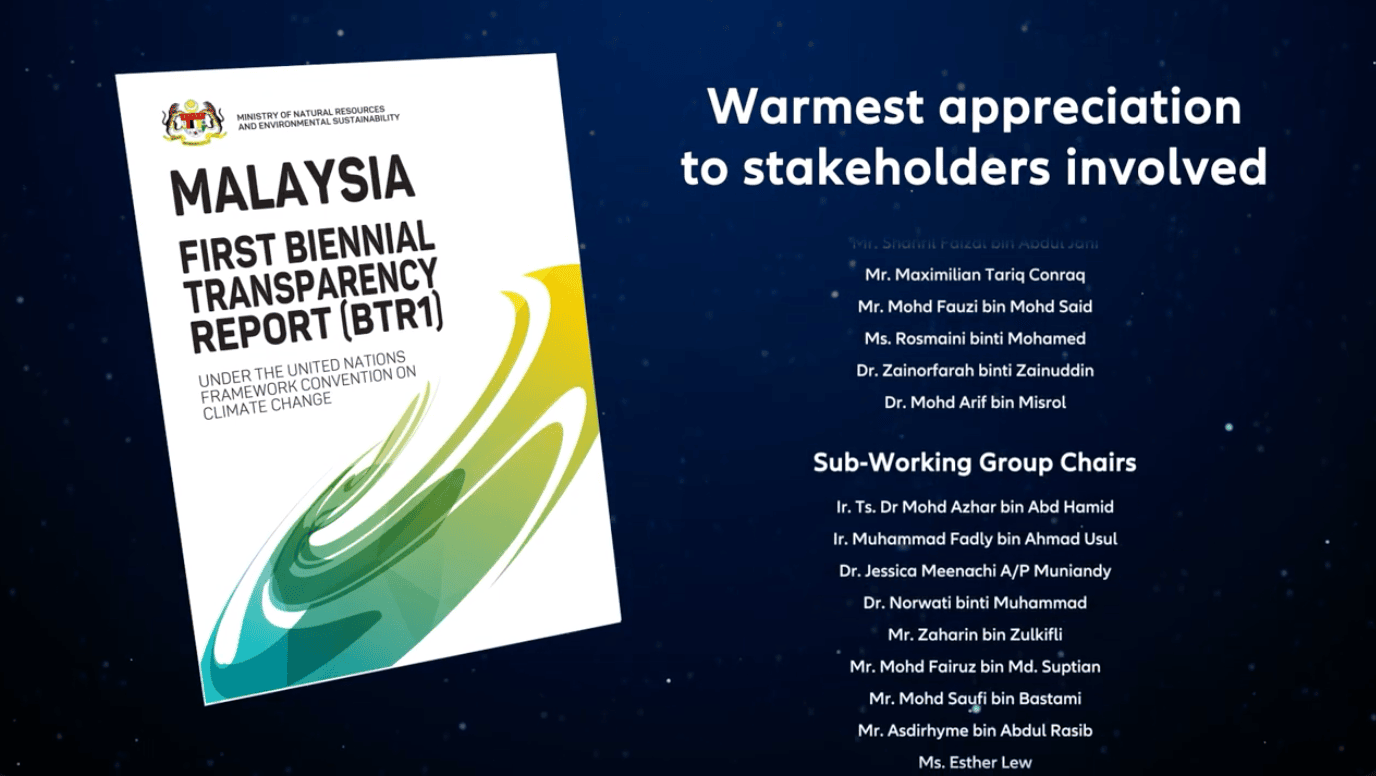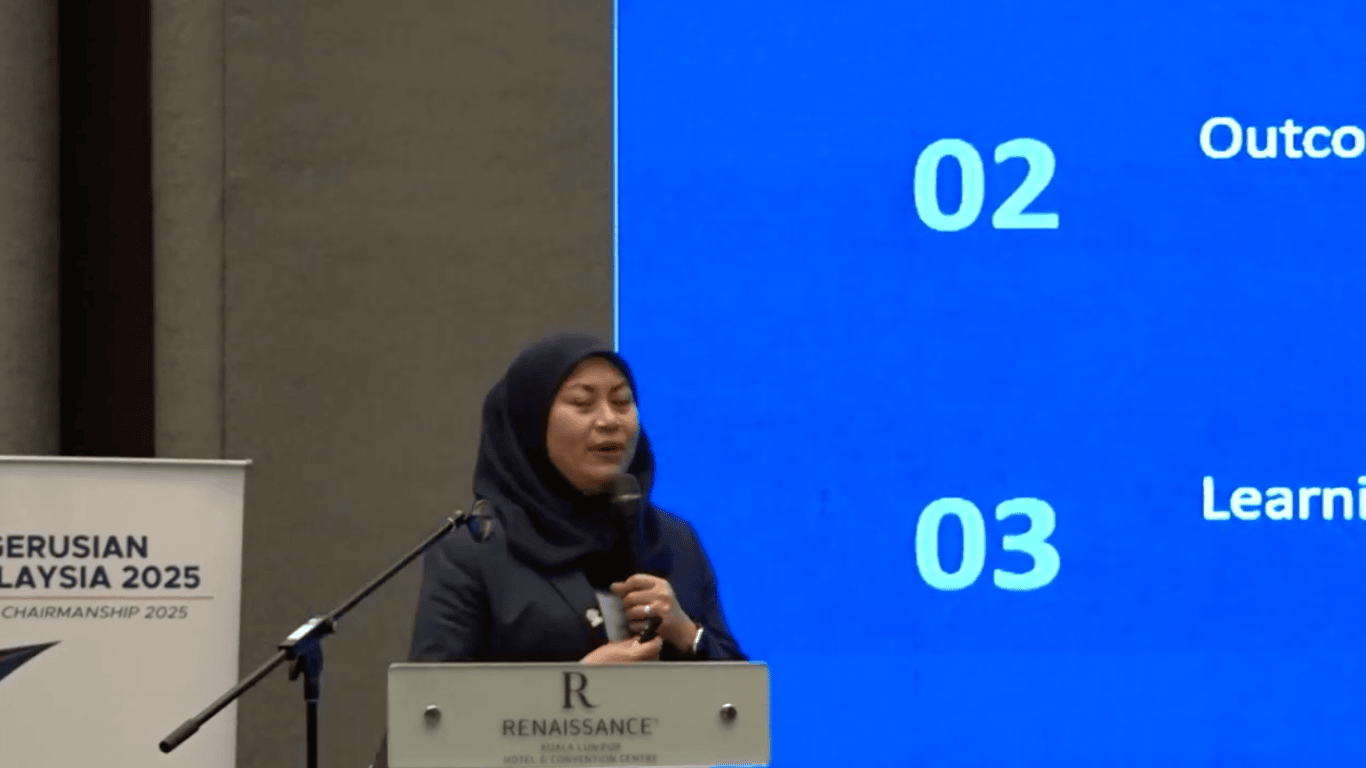Just like cities were not built in a day, designing them to be smart and sustainable is a meticulous and time-intensive process. GreenTech Malaysia is steering this progress through the years with its low- carbon initiatives, phase by phase, and city by city.
A Global Commitment
In December 2009 at the Conference of Parties (COP) 15, Malaysia first pledged its commitment to lower carbon emissions as per the Paris Agreement. Over 2 years later in September 2011, Malaysia established the Low Carbon Cities Framework (LCCF) as a means to translate the national carbon emissions reduction target into action at the city level.
LCCF is a national framework and assessment system to guide and assess the development
of low carbon cities and to support holistic sustainable development in Malaysia. It is a performance-based assessment system that captures the environmental impact of a city in terms of actual operational carbon emissions.
By 2030, Malaysia targets a 45% reduction in carbon emission intensity. With approximately 70% of carbon emissions coming from the cities, the mission of LCCF is to assist Local Authorities throughout Malaysia in meeting this target.
LCCF’s Objectives
To measure and quantify the actual carbon emissions of cities
To guide Local Authorities in transforming their cities into low carbon cities
To create awareness and promote the concept of low carbon cities in Malaysia
As of 2018, 52 Local Authorities (out of a total of 154) have been introduced to LCCF. 19 of these Local Authorities have established their carbon emissions baseline (selected Low Carbon Zones) and developed their Low Carbon Action Plan. These 19 Local Authorities have been awarded the Provisional Certificate for their efforts. Out of these 19, 5 Local Authorities have gone on to the next step and have actually reduced their carbon emissions and have received the Diamond Recognition award from the Ministry of Energy, Science ,Technology, Environment, and Climate Change (MESTECC).
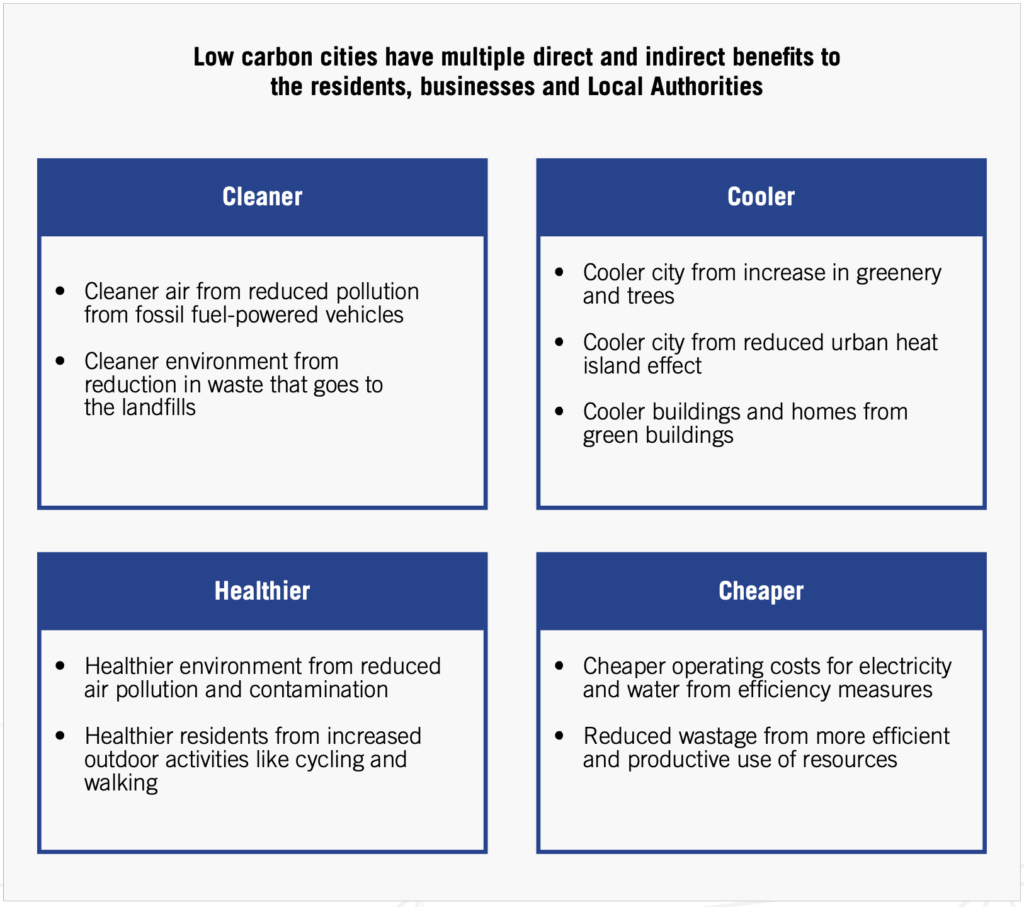
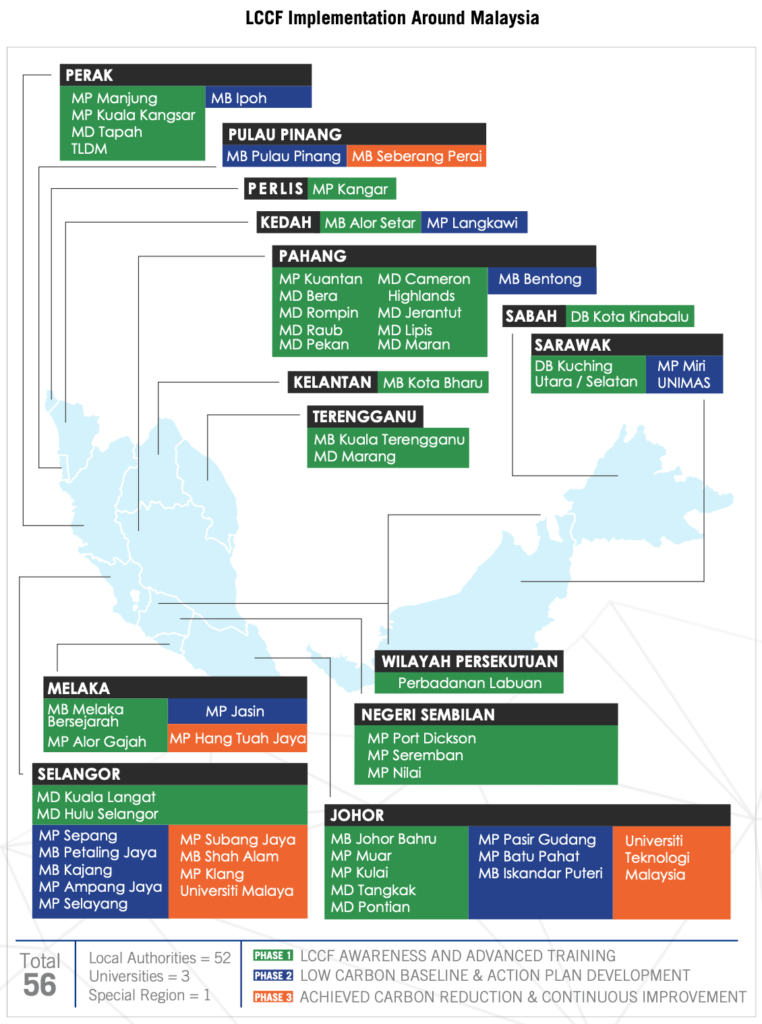
Majlis Perbandaran Seberang Perai (MPSP)’s Quest for Low Carbon Status MPSP has been actively working towards achieving low carbon city status with assistance from GreenTech Malaysia in installing solar panels at many of its facilities. Once up and running, these panels can help generate up to 6,130kWh of clean energy per month. Also including a TNB tariff of RM 0.365/kWh, this still results in savings of RM 2,237 a month. Therefore, it not only has environmental benefits, but economic advantages. In addition to this, MPSP has also committed to building bicycle lanes to encourage the use of eco-friendly modes of transport.
Between 2015 and 2017, MPSP’s initiatives successfully reduced 77.30 tC02 and saved a total of RM 2,237 per month due to the solar panels they installed.
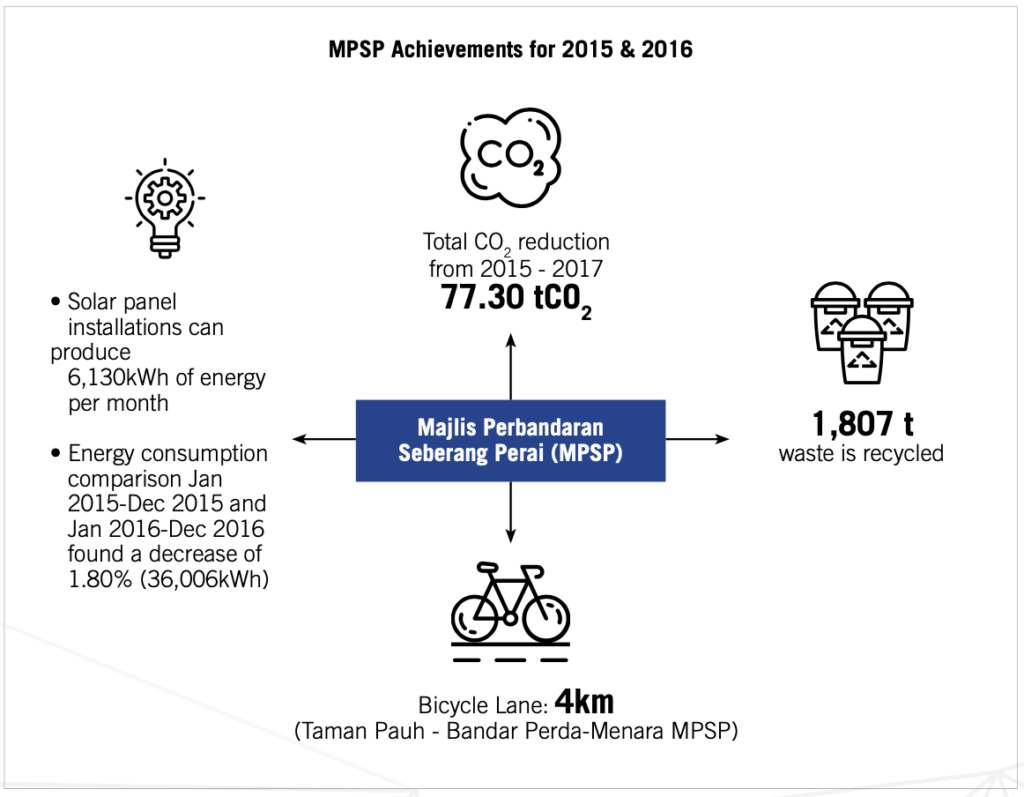
Majlis Bandaraya Shah Alam (MBSA) Builds on Its Progress
Having already adopted carbon-reducing initiatives in previous years, MBSA Seksyen 14 has continued to pursue this stance through waste reduction, water conservation and energy efficient initiatives.
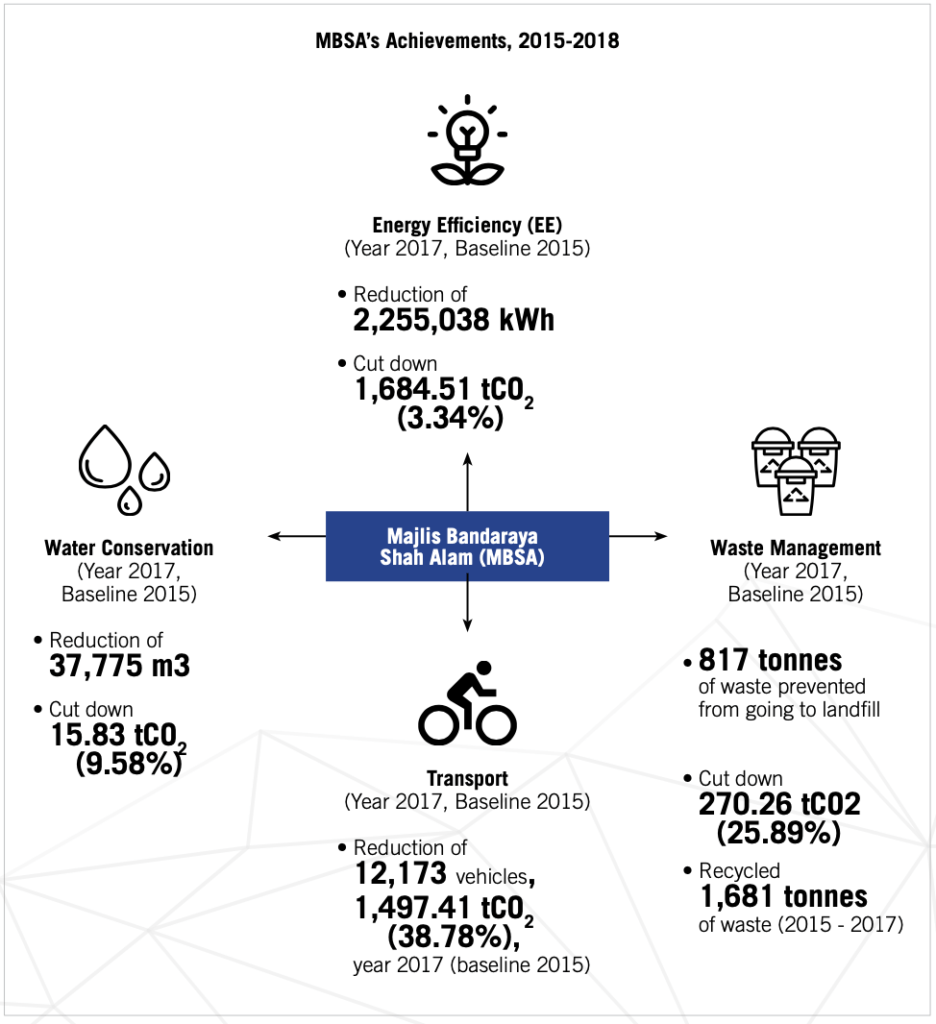
Majlis Perbandaran Klang (MPK) Results Speak For Itself
From 2015 to 2017, MPK made major strides in energy efficiency, nature conservation and waste management at their HQ boundary. Paving the way for greener policies, MPK’s efforts keep gaining momentum
